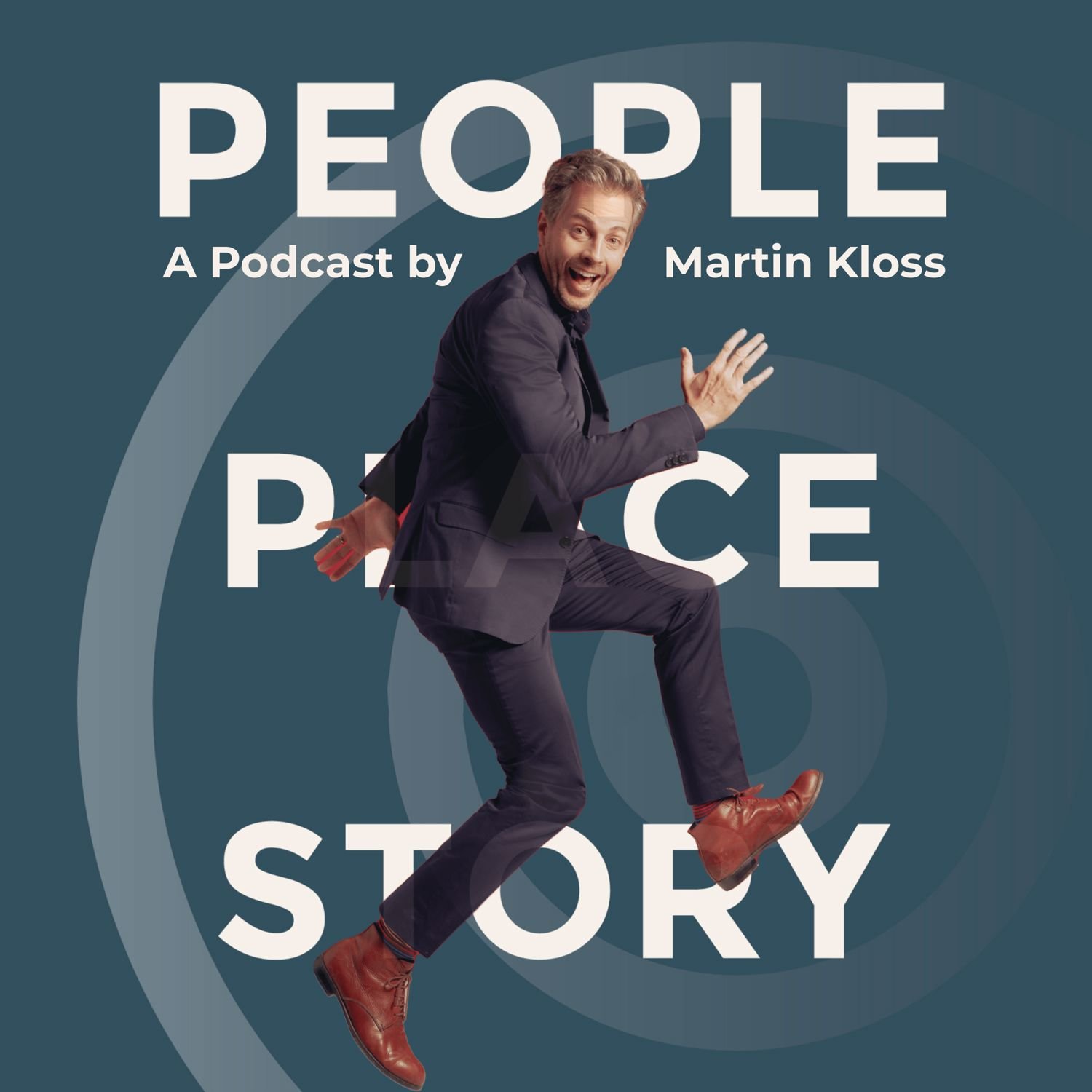Welcome to another episode of People Play Story, where we delve into the art of storytelling and impactful communication. Today, we explore the intriguing dynamics of persuasion, focusing on the concepts of 'need' versus 'want.' This episode is inspired by a chapter from my book, People Play Story, currently available in German.
We begin by examining how the language of 'must,' 'need,' and 'want' influences our interactions. The discussion highlights how framing requests as wants rather than musts can lead to more effective communication by tapping into intrinsic motivation. We explore how needs, such as security and connection, can be leveraged to create genuine wants, using examples like car commercials that appeal to our desire for family safety.
The conversation takes a deeper turn as we consider the ethical implications of persuasion. We discuss the fine line between influencing and manipulating, emphasizing the responsibility communicators have to use their knowledge ethically. We explore how companies can either exploit or genuinely meet consumer needs through their messaging.
Practical advice from the book includes the power of asking questions to understand others' needs and wants, and how to connect these to desired actions. We also discuss the importance of storytelling in making messages relatable and memorable, enhancing their persuasive power.
We conclude with a reflection on personal communication patterns, encouraging listeners to consider how they use 'need' and 'want' in their interactions. This episode is a call to action for more authentic and effective communication, aiming to create win-win situations and build meaningful connections.

People Place Story - How to Communicate with Impact
People Place Story is a podcast for anyone who wants to master the art of storytelling and communicate with impact. Hosted by Martin Kloss, a professional story coach and speaker trainer with nearly 30 years of experience on global stages, this podcast breaks down the powerful techniques behind effective communication. Here’s the twist: while the insights come from Martin’s book People Place Story—currently available only in German—the conversations you’ll hear are entirely generated by AI. Using Google’s NotebookLM, the podcast reimagines key chapters of Martin’s book, bringing his knowledge and experience to life in a unique and engaging way. With a friendly, approachable tone, People Place Story offers thoughtful perspectives for anyone looking to improve their communication, whether on the big stage or in everyday conversations. Whether you’re a seasoned speaker or simply curious about the power of storytelling, this podcast will help you rethink how you express yourself. Tune in and explore the fascinating intersection of storytelling, communication, and AI!
Listen in your favorite app:
Fountain